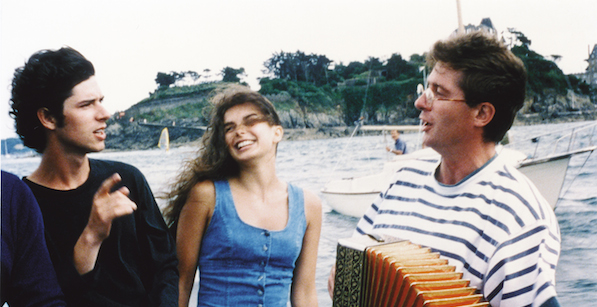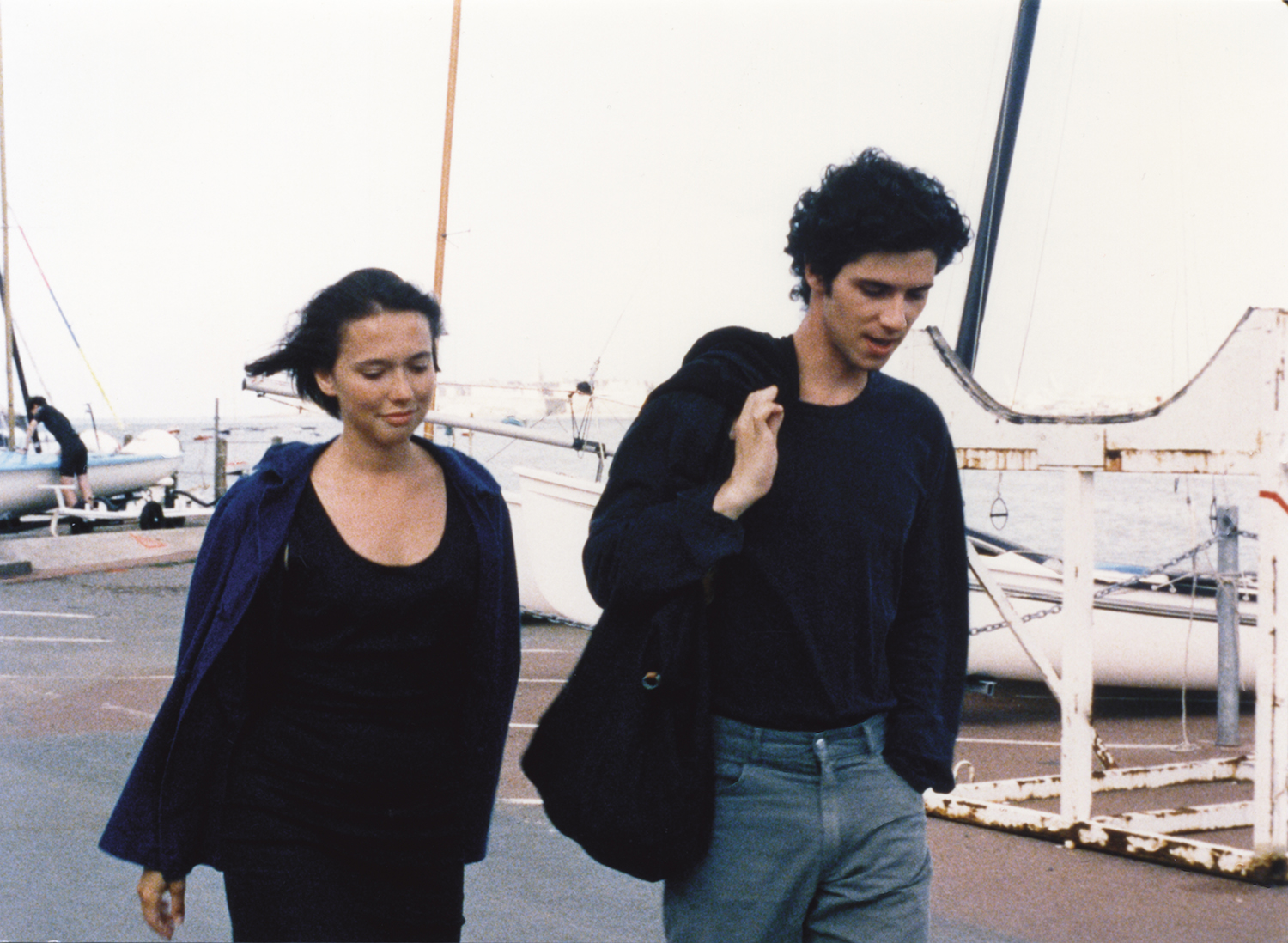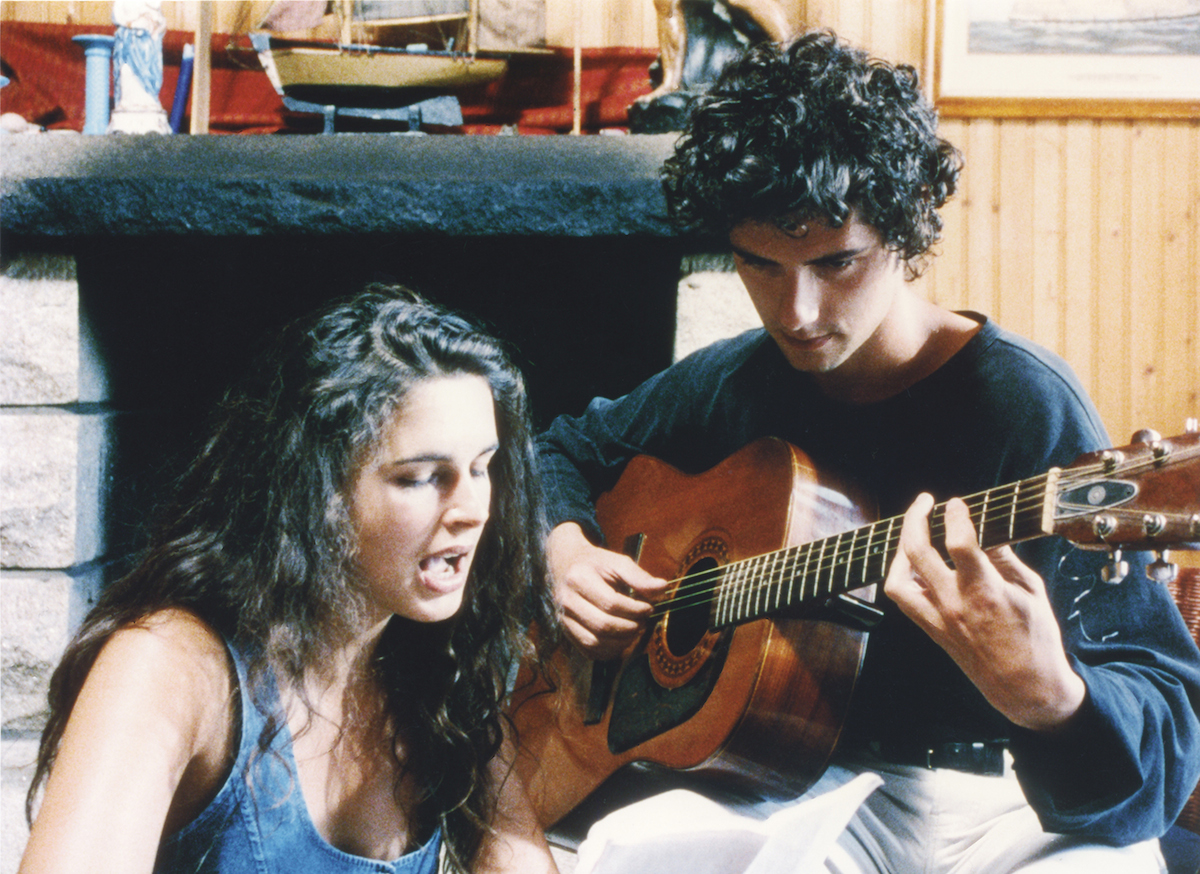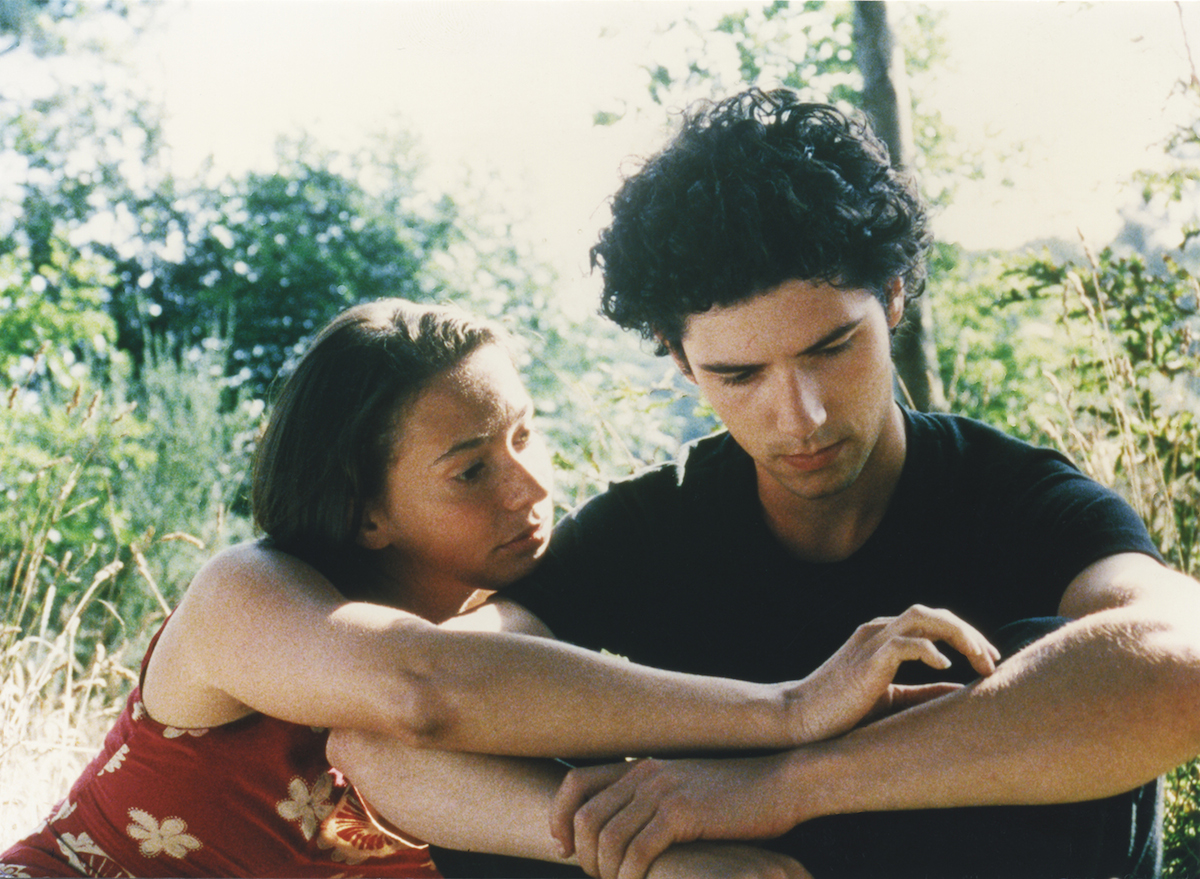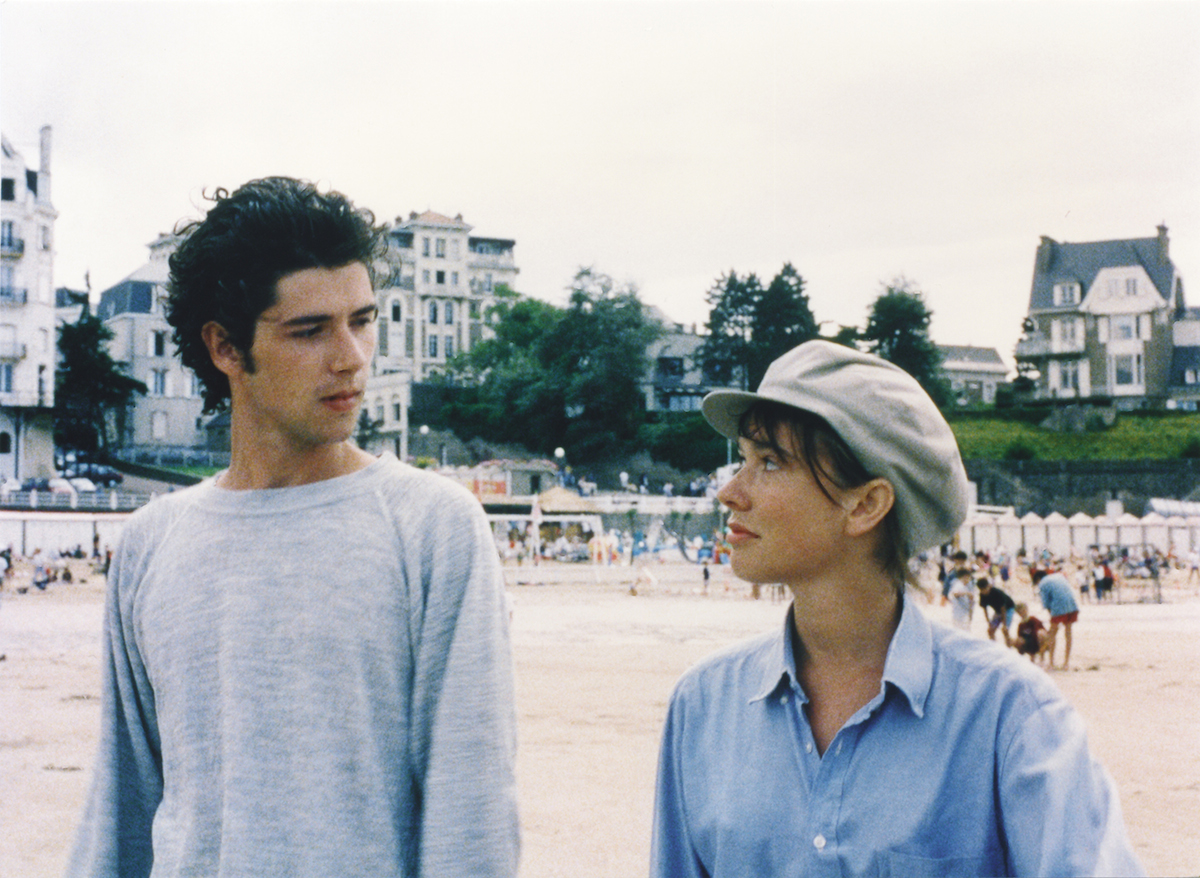Of all the New Wave filmmakers, surely the hardest to talk about is Eric Rohmer (1920-2010). He and his films are bundles of paradoxical tendencies. As he grew to be the master of his own material—spinning what seemed like infinite variations on the same basic types of characters and situations—he also became more infatuated with the romanticism and exuberance of youth.
This superimposition of seasoned maturity and youthful fervor is fitting. Rohmer was always the wise old soul of the New Wave. And, even more pointedly, he was the classicist. For him, the well-crafted, delicately tuned nuances of character and theme, the precise evocation of a time (of day or night, as well as season) and place (city, region, or province), the intricacies of small-scale, intimate, chamber plots—all this really meant something, even back in 1959 for Le Signe du lion. As his faithful producer, Margaret Ménégoz, once remarked: “I think he is someone who digs, in his own field. I don’t know what his limits are, but he is based in this field.”
Who can deny that there remained something youthfully spirited about Rohmer’s work, right to the end? On the simplest and most evident level, young people were predominantly the subject and substance of his films; he knew perfectly how to tap into their lives, their personal styles, their rhythms and energies. In fact, he even crafted dialogues on the basis of tape-recorded chats with his actors, so that he could capture their particular nuances of modern, young speech—and that kind of detail is palpable in his work.
Rohmer well understood the paradox wherein being simple and uncluttered, acting classical at certain historical-cultural moments, can suddenly, surprisingly, make one look like the most innovative artist around. In 1983, he protested about the way contemporary cinema had gotten rid of plot and the psychological consistency of character: “I love to portray thinking people, people gifted with a psyche. I still believe that film founded on intrigue and characters is always modern—if not more modern than apsychological, dedramatised film.”
Rohmer’s narrative style, the particular kinds of stories and intrigues he liked to tell seem classical and simple. They are linear—no flashbacks. They have the air of being rather external and objective: no point-of-view shots, no subjective dreams, hallucinations, or fantasies. But this simplicity is deceptive. Rohmer’s stories are, at every level, full of fundamental mysteries and ambiguities. The lies, delusions and projections of characters proliferate. Key events sometimes occur between scenes, or just off-screen; our only access to them comes through competing accounts, each with their own, partial perspective and wily agenda. The greatest mystery of all is usually the filmmaker’s own viewpoint towards what he is showing, and particularly towards the central character in each film: is Rohmer approving or disapproving, is he being indulgent or ironic?
If this is classicism, it is classicism at its highest point of subtlety and complexity. Inside the classical form of a Rohmer film, there’s always a secretly baroque shape or substance. And also a modern or modernist kind of relativity, an amusing and urbane type of deconstruction: we come to doubt everyone and everything we see, hear, and read on screen; and, most of all we doubt our own assumptions and perceptions as viewers. That’s the argument of the finest book to date on Rohmer, by the French critic, director and screenwriter, Pascal Bonitzer.
A Summer’s Tale (1996) must surely be the most sexually sophisticated film to ever earn a ‘suitable for children’ rating in most territories. As ever, Rohmer devotes himself to what Bonitzer suggests is his key subject: the “perversity and ambiguity of feelings.” A young man, Gaspard (Melvil Poupaud), has gone on a summer holiday. He expects to get together with his girlfriend Lena (Aurélia Nolin). But before Lena arrives, Gaspard almost reluctantly becomes acquainted with two other women. First there’s Margot (Amanda Langlet), who is an ambiguous and heartrending best-friend figure—ambiguous and heartrending because you’re always wondering whether there could be something more between them, and you’re trying to guess how much desire or yearning is at play there, particularly in her.
And then there’s the brazenly forthright Solene (Gwenaëlle Simon), a woman who knows what she wants. One of the great things about this film is that, although we see a great range of behaviors in its women—everything from sulkiness, game-playing and hysteria to brutal honesty, pained disappointment and crushing heartache—we never want to judge them badly. They are full characters, vividly observed and realized—and such depth is rare.
However, when it comes to Rohmer’s gaze on the male hero, there is definitely room for judgment. Gaspard is an extraordinary portrait of a modern man. I say this with the image in my mind of so many awful, politically correct, simplistic critiques of masculinity in movies of the past few decades. I watch a certain kind of analysis of manhood on screen these days—depictions of swaggering, blocked, violent, macho guys—and I feel nothing. But I predict that the character-portrait of Gaspard is one which most thoughtful, urbane guys will find genuinely unnerving. Seeing this chap on screen is like seeing some dark secret shared among men, leaked out for the whole world to see.
Gaspard spends the whole plot equivocating between his three women. Throughout most of it he is, on the surface, and even in his heart, a charming, sweet sort of guy, not at all a villain. But he is also—and this is what Rohmer shows with an unerring gaze—evasive, cowardly and defensive. He appears to be living out the lines of Leonard Cohen’s song “Bird on the Wire:” “I thought a lover had to be some kind of liar, too.”

